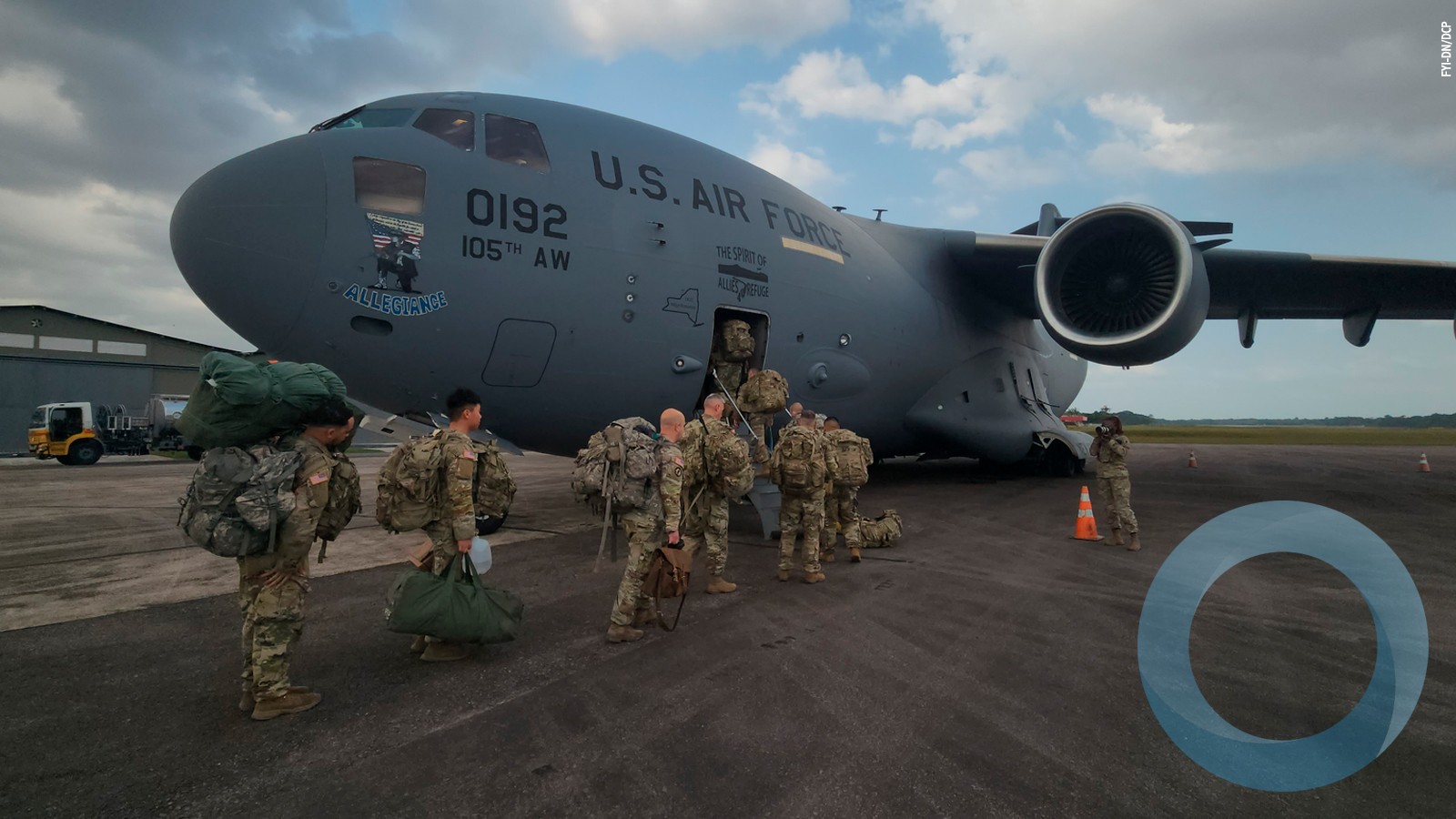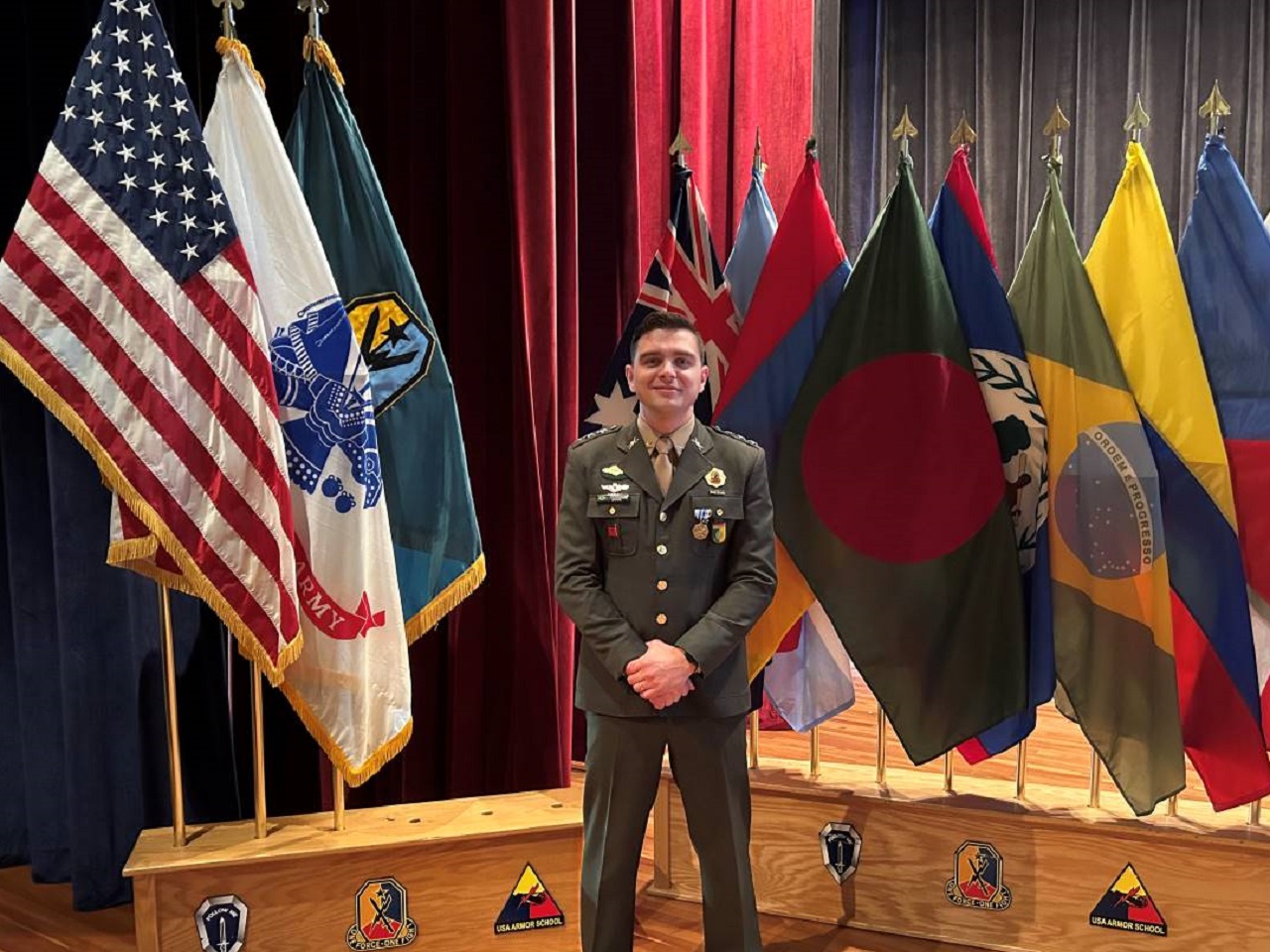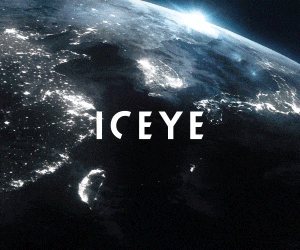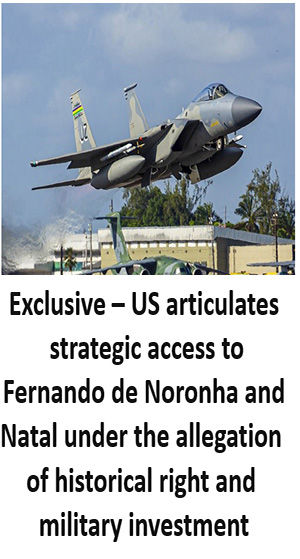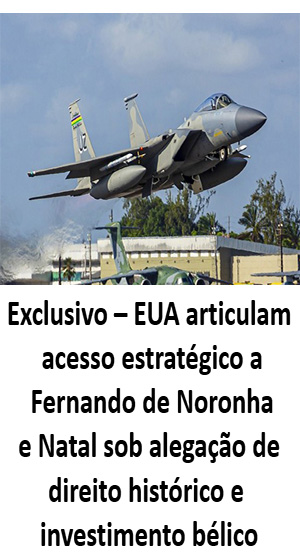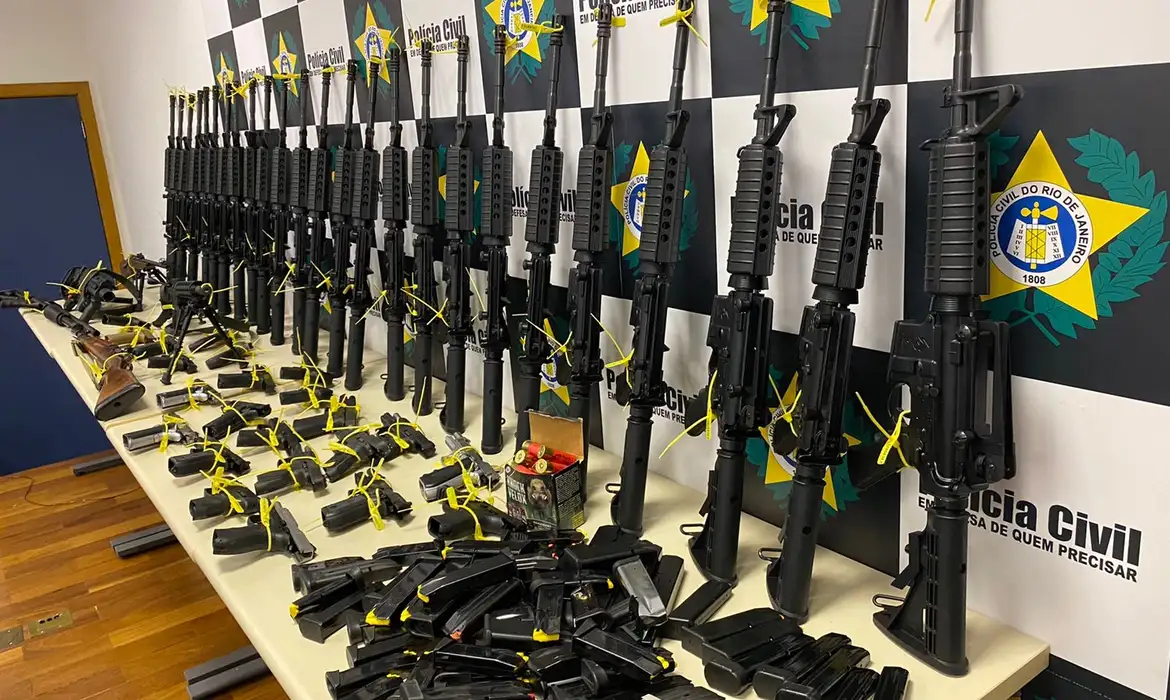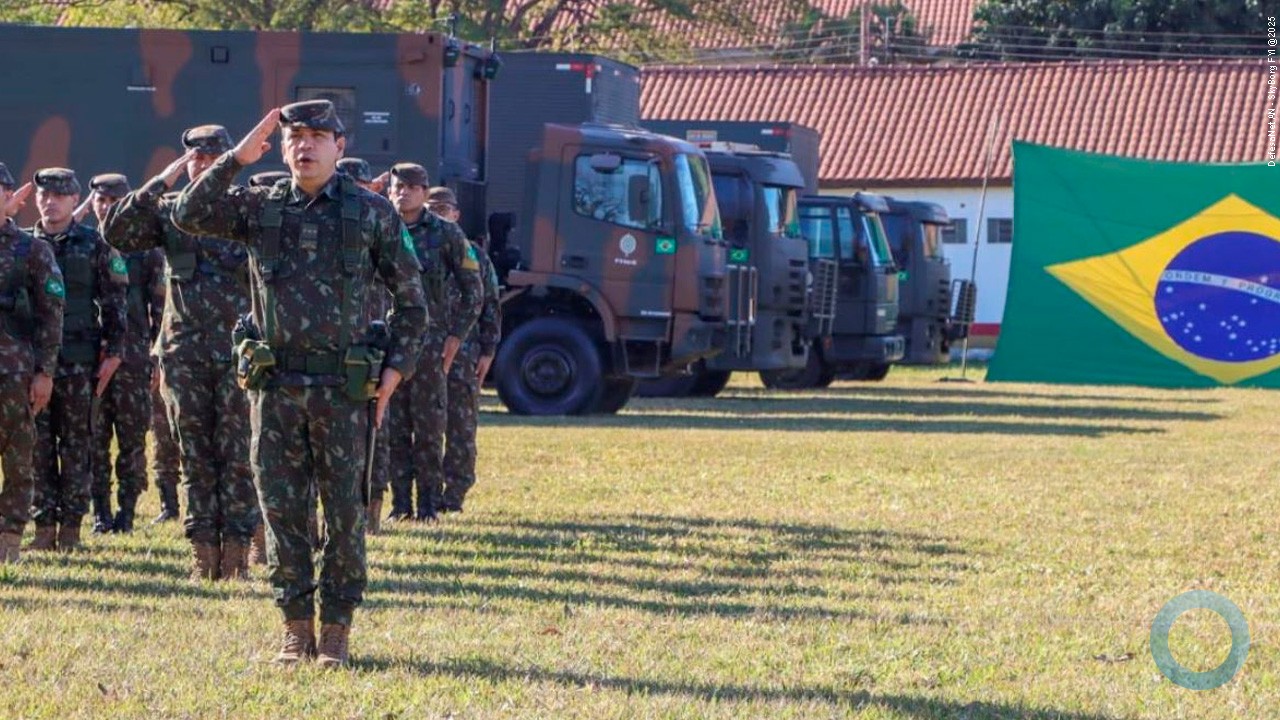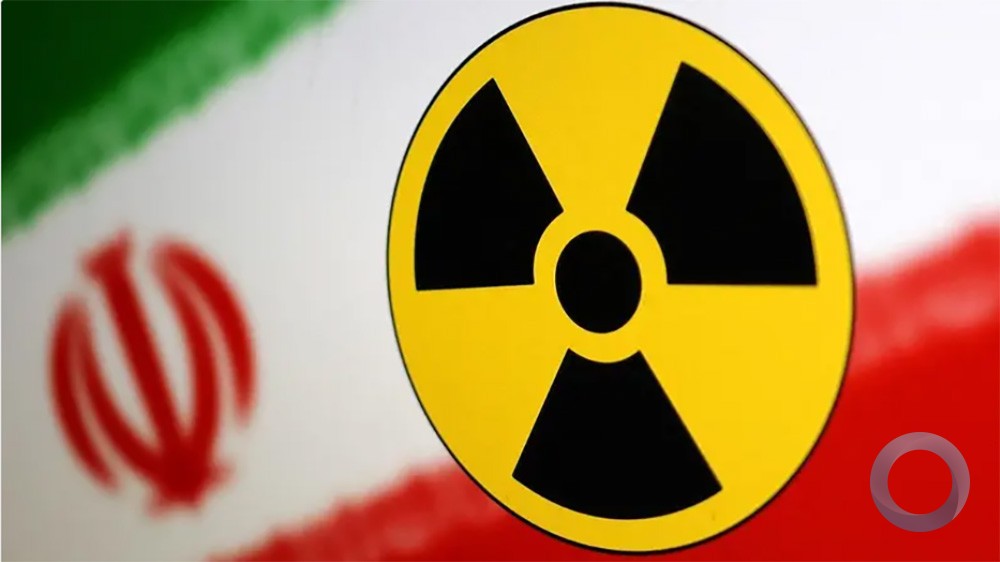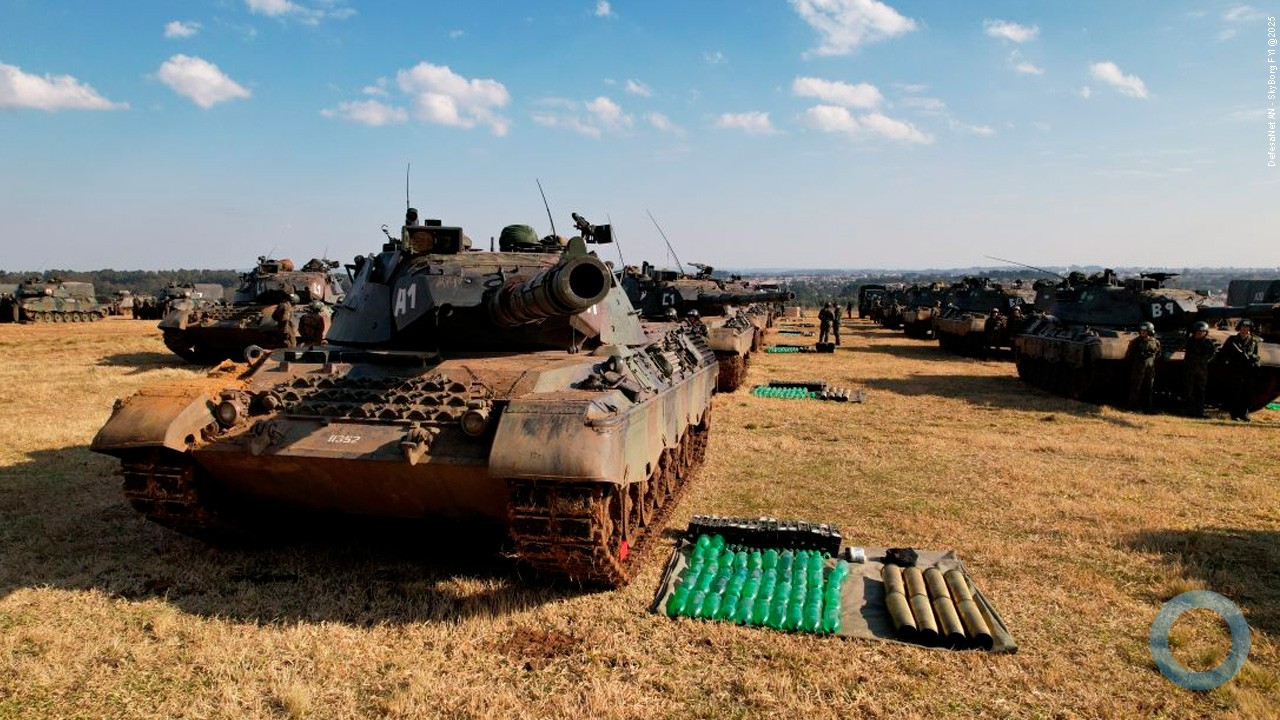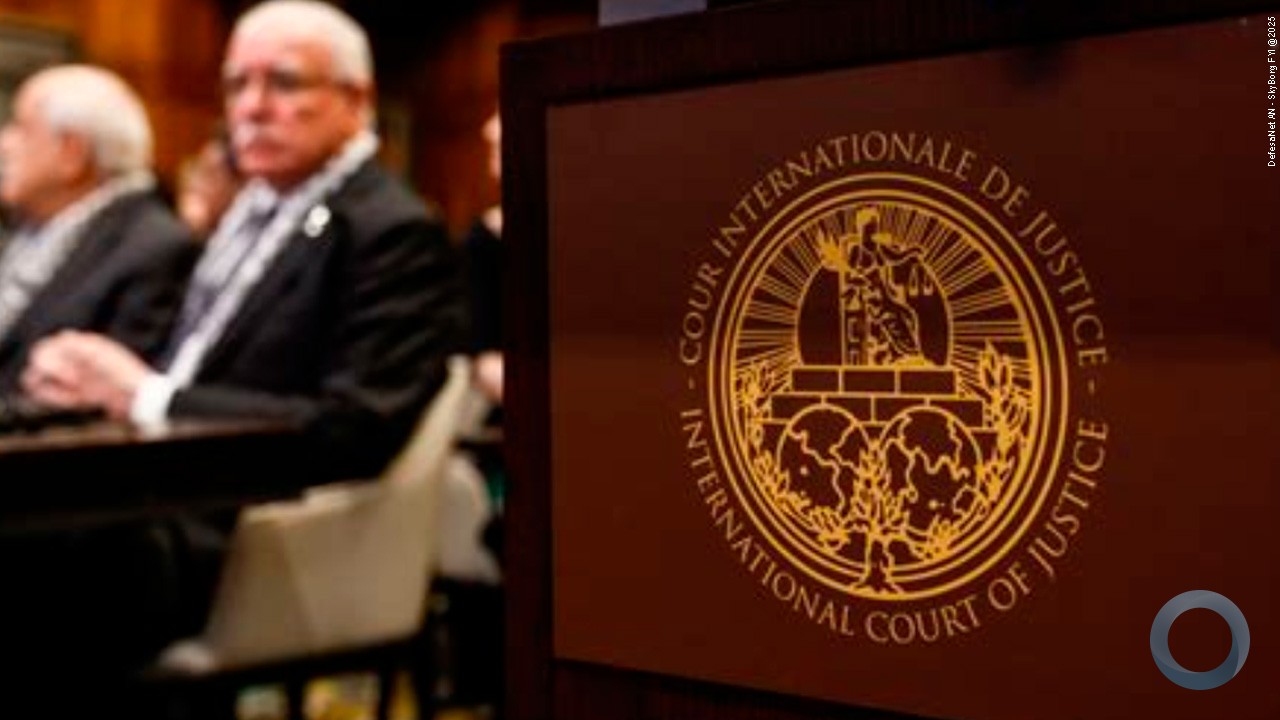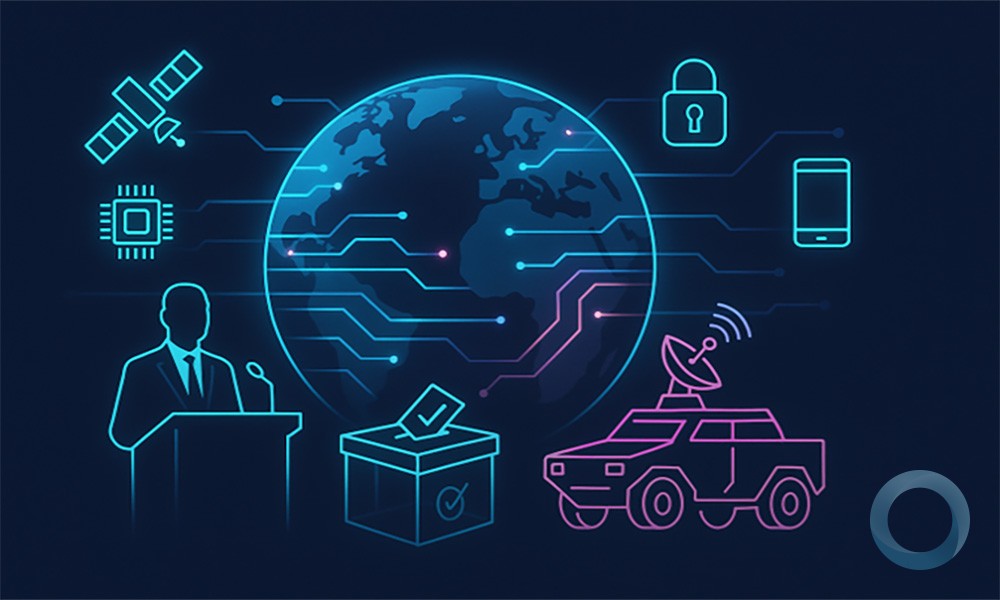March 6, 2020
The U.S.-Brazil relationship is stronger than ever. President Jair Bolsonaro will visit Florida March 7-10, and President Trump will host him at Mar-a-Lago. The U.S.-Brazil partnership is key to the President’s vision to achieve a free and democratic Western Hemisphere where economic prosperity can flourish throughout, and this visit enables our countries to advance these shared interests.
U.S.-BRAZIL ECONOMIC TIES ADVANCE PROSPERITY FOR BOTH NATIONS
As the two largest economies in the Western Hemisphere, the United States and Brazil share a bilateral trade relationship valued at more than $100 billion, and the United States is Brazil’s largest trading partner in value-added goods. Our economic relationship is rooted in principles of fair trade, market liberalization, and healthy competition. Both countries share a vision of expanding bilateral trade and investment, with an aim to ease the transfer of goods and services in a safe and sustainable way. Since Presidents Trump and Bolsonaro last met in March 2019, both countries have taken real actions to promote prosperity.
– The United States supports an immediate invitation from the OECD for Brazil to initiate the accession process.
– Brazil ratified the Technology Safeguards Agreement (TSA) to support the launch of U.S.-licensed satellites and space vehicles from the Alcantara Space Center in Brazil.
– The Althelia Biodiversity Fund (ABF), whose development was supported by USAID, was officially launched and has targeted raising $100 million for “impact investing” in Amazon-based conservation enterprises.
– Brazil expanded access to its wheat market by establishing a 750,000 ton duty-free quota for imported wheat.
– We made travel between the United States and Brazil easier. The United States launched the DHS Trusted Traveler Global Entry pilot program and Brazil exempted U.S. citizens from tourist visa requirements, saving U.S. tourists and business travelers tens of millions of dollars and leading to a 39 percent increase in U.S. travelers to Brazil since implementation.
– Brazilians studying in the United States increased by almost 12 percent in 2018 and 10 percent in 2019, making Brazil the 9th largest sender of foreign students to the United States. S. students studying in Brazil increased over 29 percent in 2019.
– The United States and Brazil held the U.S.-Brazil Commercial Dialogue (September 2019), resumed the U.S.-Brazil CEO Forum (November 2019), and launched the new U.S.-Brazil Energy Forum (February 2020) with private sector participation.
– Our countries are increasing cooperation on infrastructure project financing, including under the America Cresce (Growth in the Americas) initiative.
OUR PARTNERSHIP ADVANCES DEMOCRACY IN THE REGION
As the two largest democracies in the hemisphere, we are deepening our cooperation to promote human rights and democracy across the region. The United States applauds Brazil for its leadership in supporting a restoration of democracy and an end to the humanitarian crisis in Venezuela, as well as Brazil’s steadfast support for democracy in Bolivia and Nicaragua.
– Brazil imposed a travel ban on 130 corrupt former Maduro regime officials and on March 5 announced they are pulling Brazilian diplomats from Venezuela.
– Brazil’s program for welcoming and integrating vulnerable Venezuelans, Operacao Acolhida, is a model for the region.
– Since Fiscal Year 2017, the United States has provided $46 million (of which nearly $42 million is for humanitarian assistance) to support Brazil’s efforts to provide services for vulnerable Venezuelan migrants and refugees.
THE UNITED STATES AND BRAZIL COOPERATE ON SECURITY IN THE HEMISPHERE
The United States and Brazil share long-standing cooperation on security issues and our defense cooperation is at the strongest level it has been in many years. We are expanding our collaboration on addressing challenges such as narcotics and weapons trafficking, terrorism, cybercrimes, and money laundering.
– President Trump designated Brazil as a Major Non-NATO Ally in July 2019, opening further opportunities for defense cooperation.
– The United States hosted the U.S.-Brazil Permanent Security Forum plenary in October 2019.
– The United States and Brazil are working to schedule a peacekeeping technical level dialogue to identify opportunities for collaboratively building the capacity of third-party countries to effectively deploy peacekeeping forces.






